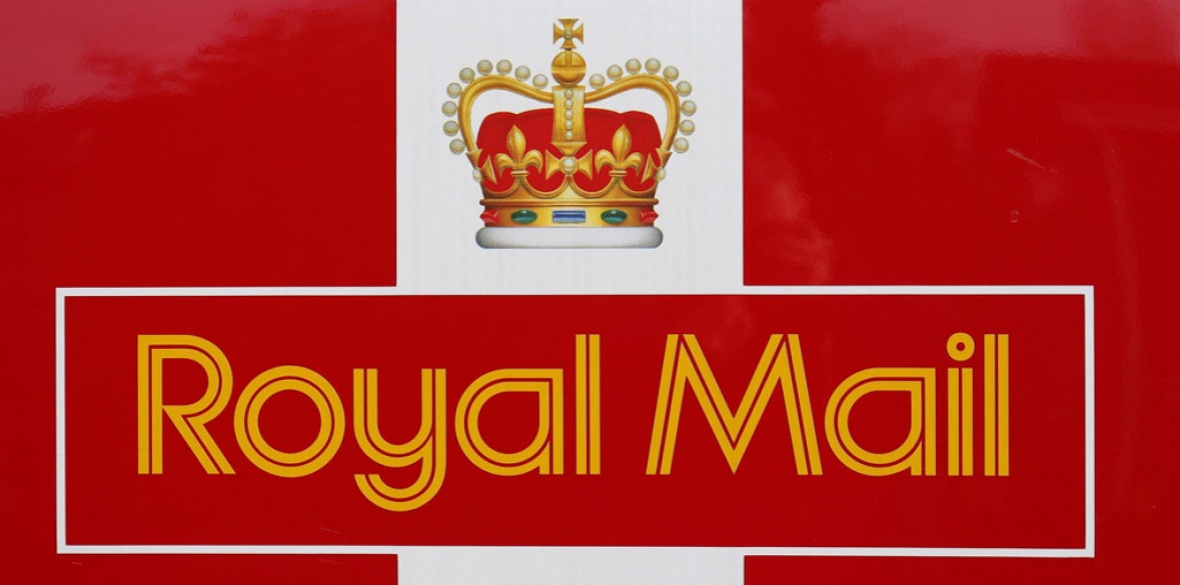This is the last article you can read this month
You can read more article this month
You can read more articles this month
Sorry your limit is up for this month
Reset on:
Please help support the Morning Star by subscribing here
POSTAL workers today lost their appeal against the High Court and Royal Mail over their blocking of Christmas strike action.
The Communication Workers Union’s (CWU) appeal against Royal Mail’s successful injunction was heard in one day today.
Dismissing the CWU’s appeal, Lord Justice Males ruled that “the conduct of the union, the course which it took, had the effect of amounting to interference” with the voting process.
Speaking outside the Royal Courts of Justice after the verdict was delivered, CWU senior deputy general secretary Tony Kearns said: “We’ve got a 97 per cent yes vote on a 75 return. It is the clear democratic will of the employees of Royal Mail and members of the CWU to take strike action, as is their human right.
“And we’ve seen here today, in a matter of seconds, three appeal court judges override that democracy.”
He said: “There is something inherently wrong with the legal system in this country … that is clearly now stacked against workers.”
Mr Kearns said the union would now “quite naturally” consider having another ballot.
Royal Mail claims that the strike ballot, which was approved far beyond legal limits set by the 2016 Trade Union Act, was invalid because members had publicly voted in their workplace rather than at home.
A single claim by a Royal Mail manager pointed to a video of several CWU members voting in public, which the manager claimed was in violation of the 2016 law.
This claim was upheld in a High Court ruling two weeks ago, where the presiding judge ruled that the CWU’s active campaign for a Yes vote in the ballot was a “form of subversion of the ballot process” and constituted “improper interference” in the wishes of union members.
Opening the union’s appeal, Lord John Hendy QC said that the injunction “overrode an overwhelming vote to strike” on “trivial” grounds.
He said that the CWU “merely encouraged members to vote at work,” adding that “far from subverting” the voting process, “the steps the appellant took were all to ensure each member received his or her ballot paper.”
Referring to a video of around 10 CWU members voting in public, he said: “The enthusiasm of some members evidently got the better of common sense and their desire to return a Yes vote.”
However, he added: “Not voting in secret can properly be described as an error on the part of those concerned and unintentional on the part of the appellant.
“In the context of such an overwhelming expression of democracy (representing) less than 0.001 per cent of votes, it can only be described as trifling.”
Responding, Royal Mail’s barrister Bruce Carr QC had said that workplace voting was “no spontaneous act” and accused workers of following union instructions to vote.
“The extent to which the instructions were implemented is demonstrated by the geographical breadth of the evidence obtained thus far by Royal Mail Group,” he added.












